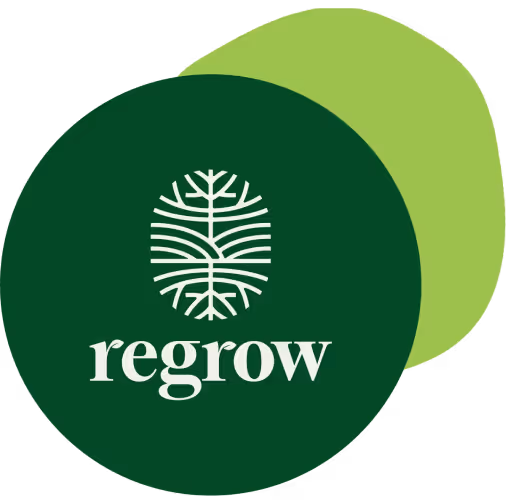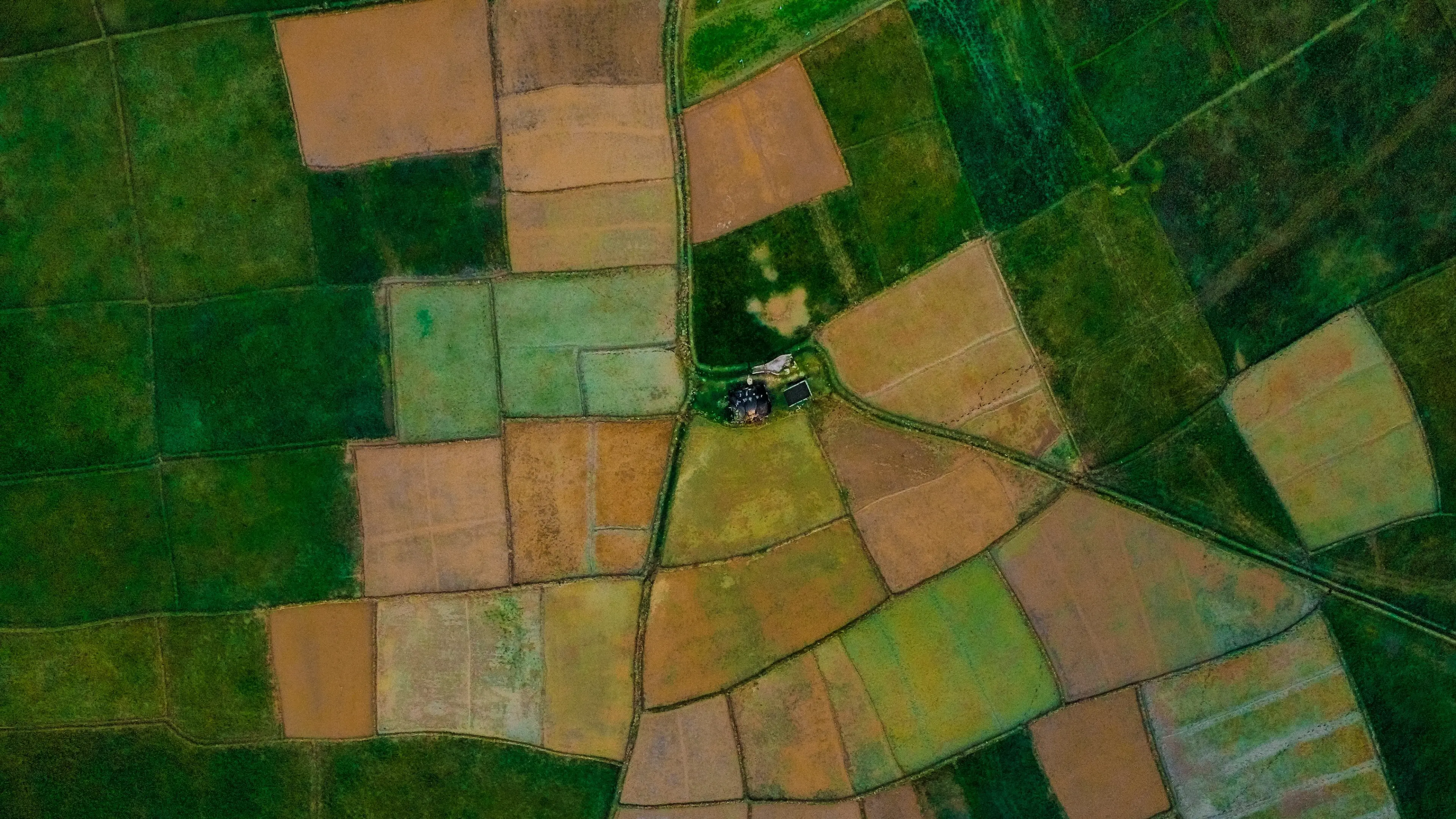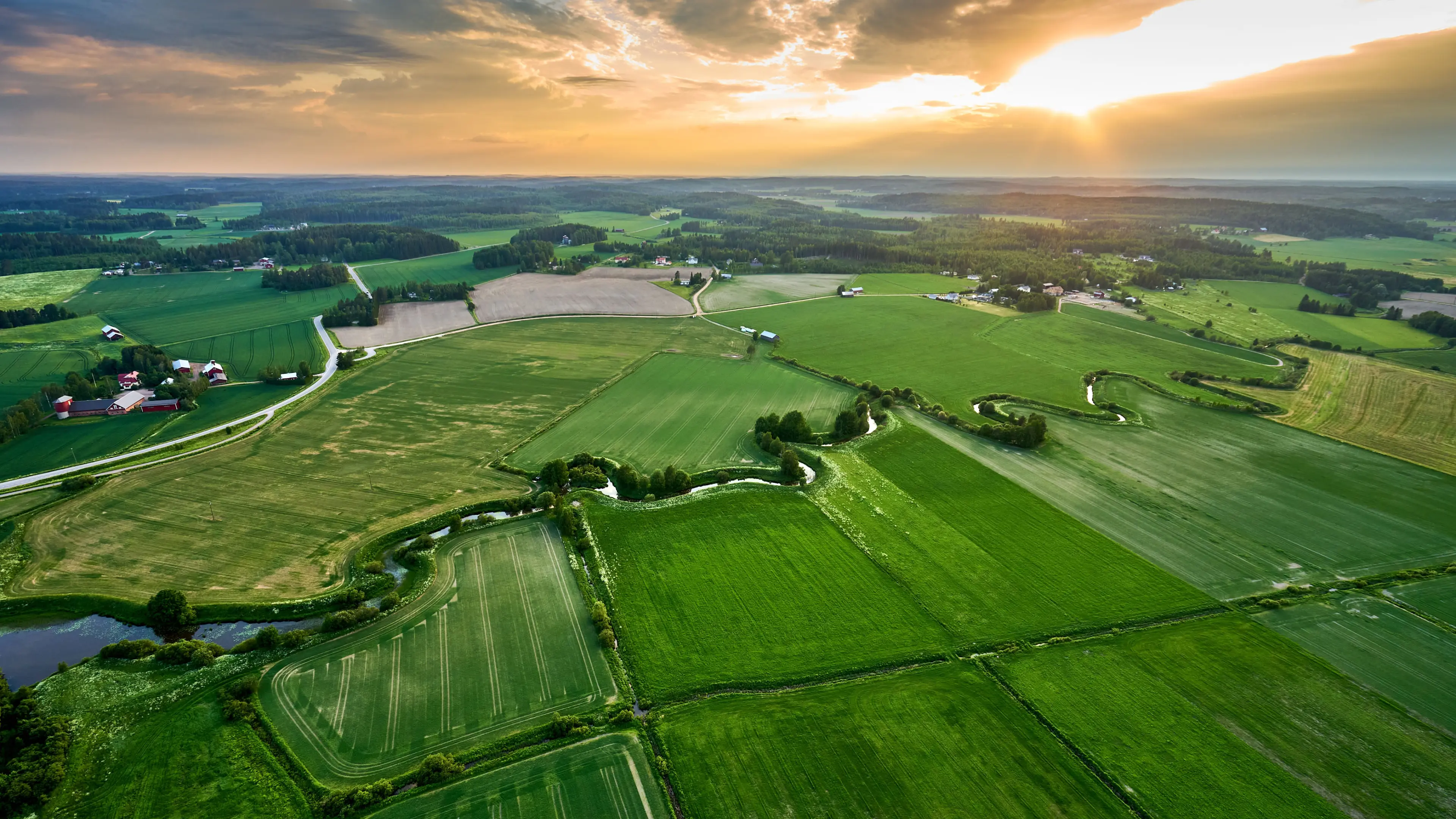In the fall of last year, the U.S. Department of Agriculture’s Natural Resource Conservation Service (NCRS) made a public request for input on how it should allocate funding from the Inflation Reduction Act, which was passed earlier in 2022.
The Inflation Reduction Act — the largest climate legislation in U.S. history — supports a renewable energy transition and natural climate solutions in agriculture and forestry. Investments outlined in the Act, which total $369B, have the potential to reduce the nation’s greenhouse gas emissions by 40% by 2030.
The NCRS specifically requested public input on an $18B portion of this funding, which will support our efforts towards methane and nitrous oxide emission reductions and increased soil carbon removals.
At Regrow, we have a few thoughts on how the government might implement this funding.
We submitted our feedback in an open letter to the NCRS. Here’s a summary of our recommendations:
On Quantifying Emissions Reductions and Carbon Sequestration
The NCRS requested input on the development of a quantification framework for greenhouse gas (GHG) emissions and carbon sequestration.
At Regrow, we believe the foundation of a strong climate program is FAIR and OPEN data.
FAIR data is Findable, Accessible, Interoperable, Reproducible, and OPEN data is freely accessible — we believe funding should be allocated to ensure this across the agriculture industry.
Why do we value FAIR and OPEN data? Regrow believes that the only way to achieve our climate goals is to collaborate across the agriculture industry. Using FAIR and OPEN data allows researchers and scientists to build models using current datasets, which allows the industry to expand its knowledge base and build upon the science efficiently. It also gives producers, project developers and regulators the opportunity to develop standardized processes for data collection and analysis. As we state in our letter, without FAIR and OPEN data the entire soil carbon and GHG field will continue to be severely limited and resource constrained.
On Biogeochemical Process Models
The NCRS also requested input on which process(es) it should use to quantify GHG emissions and carbon sequestration. Regrow believes that biogeochemical process models, such as DNDC, are the most scalable way to address quantification. Reputable biogeochemical process models have been validated and peer-reviewed by a scientific community. Additionally, they report estimates with a specified level of uncertainty, which allows us to understand the risk associated with a given outcome estimation. These models are less time-intensive than on-the-ground methods (like soil sampling), while maintaining the level of specificity and accuracy necessary to quantify emissions and carbon for different agricultural systems across the globe.
Of course, we don’t just recommend that the NCRS use our commercially-exclusive DNDC model.
We believe the NCRS should develop a model ensemble, with a goal to develop a strong field of options. This will promote scientific progress across the industry — a model ensemble is, as they say, the rising tide which raises all ships.
To improve the ability of biogeochemical process models to estimate GHG emissions reductions and carbon removals, we also recommend that USDA create open access databases of climate smart agronomic practices and their associated soil carbon estimates. USDA currently sponsors multiple programs that include such practices in addition to new programs proposed as part of the IRA. Centralizing these data in a standard format which is accessible to all researchers will allow for a more coordinated calibration and validation of all soil carbon models with the goal of improving accuracy, reducing model uncertainty, and ultimately allowing for a low-cost scaling of climate smart practices.
On Supporting Farmers
Regrow believes that the best way to scale regenerative agriculture, reduce GHG emissions and sequester carbon is to support producers in doing so. Farmers need to be able to make climate-related decisions that will not put their crop, their livestock, their farm and livelihood at risk, and the NCRS is in a position to reduce the risk associated with these decisions.
To best support farmers, we need to create flexible contracts for farmers which allow them to account for variations in weather, crop performance, etc. and grow their profits in the future. We also need to establish strong and clear standards with regard to GHG emissions reduction and carbon sequestration, and publicly available datasets to promote access to climate-related science and programs.
We believe that funding from the Inflation Reduction Act can help us develop the programs, standards and datasets necessary to support farmers in making climate-related decisions.
Farmers will always be the foundation of climate-smart farming. Ultimately, we cannot protect the Earth without protecting our farmers, and we believe the considerations we’ve recommended to the NCRS will protect those farmers. They will also encourage scientific progress, shared knowledge and more standardization across the industry.
Read our full letter here, and learn more about our work with research organizations, standards bodies, NGOs and more.
.avif)


